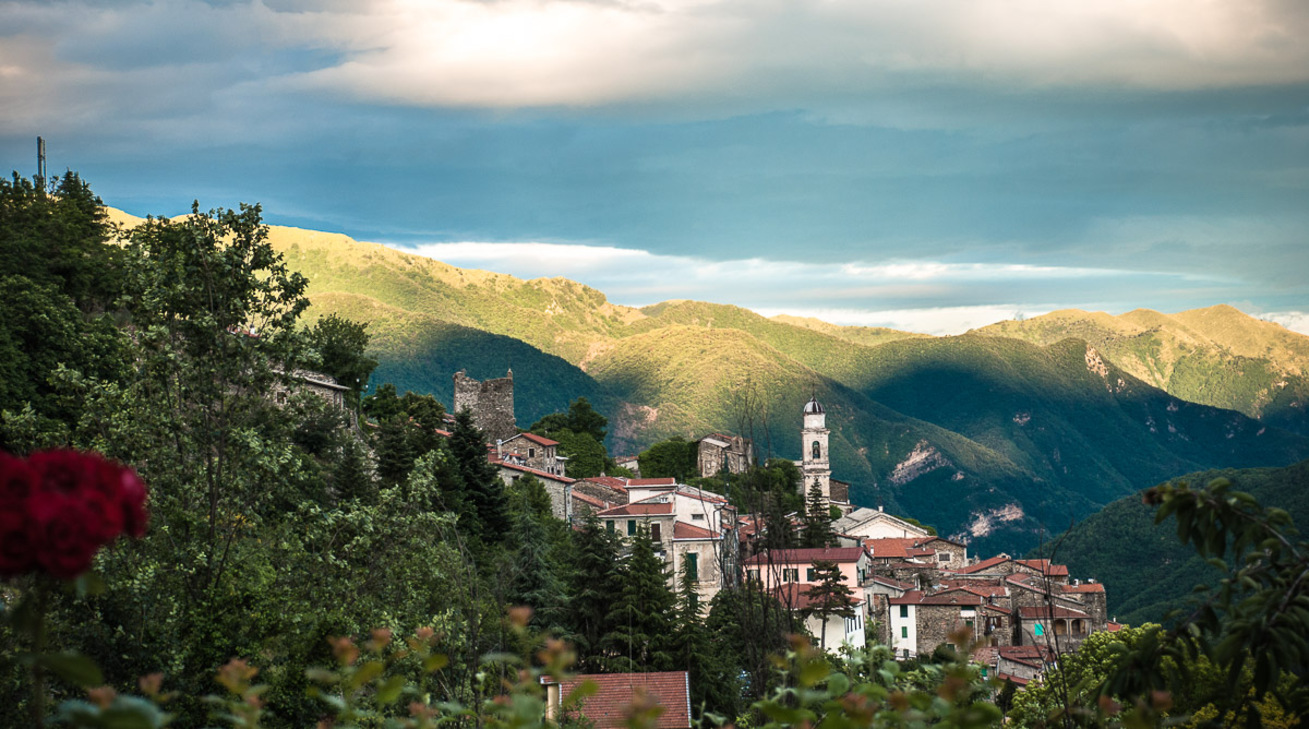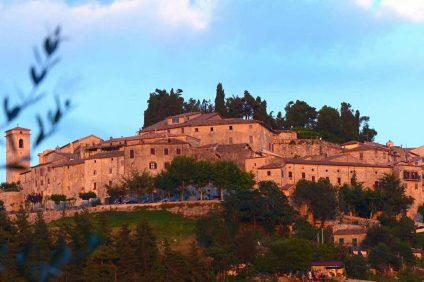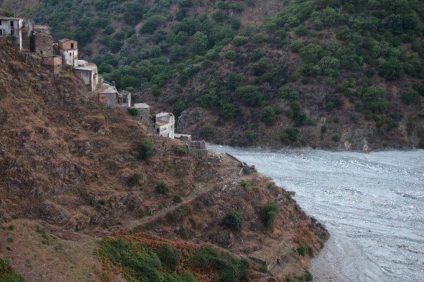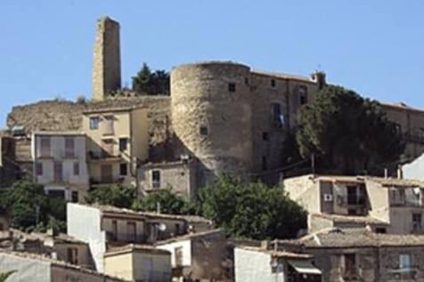Triora is a medieval village in the province of Imperia (Liguria), known as the “town of witches”, the “bàzure”, as they are called here. Perched at about 800 meters in the splendid Valle Argentina, in the Regional Park of the Ligurian Alps, it features narrow stone streets and alleys and small squares. The village, among the most beautiful in Italy, has been awarded the Orange Flag. Here, towards the end of the 1500s, some local women, considered "witches" at the time, underwent one of the most famous trials in our country, so much so that Triora was nicknamed the "Salem of Italy".
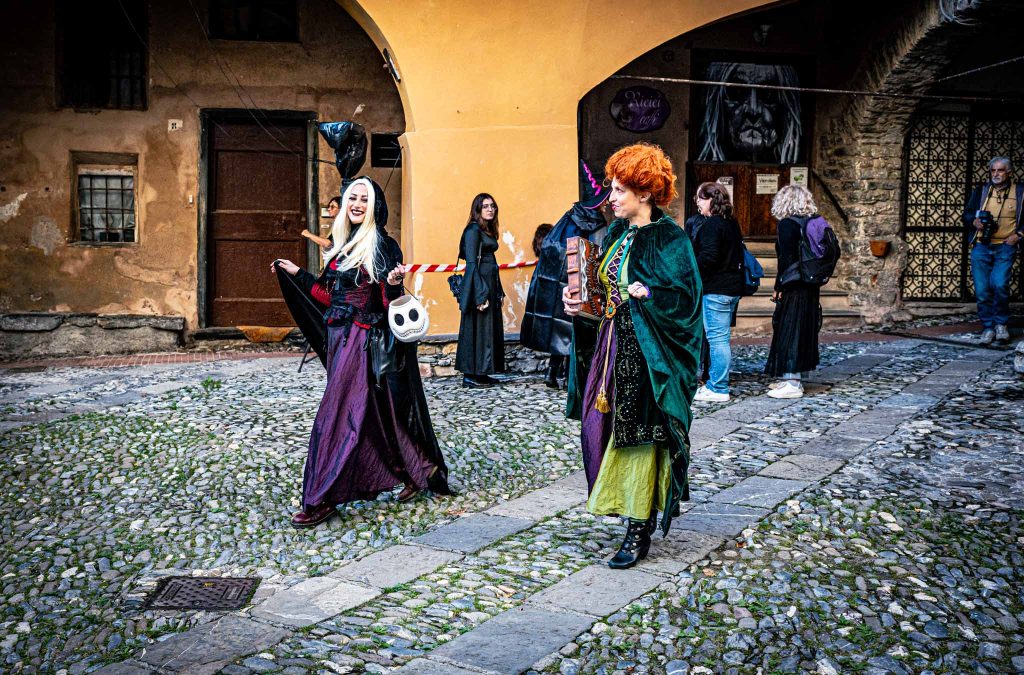
The witch hunt
In 1588, in Triora, some women were accused of being followers of the heretical sect of diabolical witches. About thirty of them were condemned after horrendous tortures in houses transformed into prisons. The "guilt" of these women was to cure and heal using local herbs. The local authorities accused them of famines and deaths of livestock, curses, plagues, kidnappings of children. What followed was one of the most disturbing witch hunt trials in Italian history.
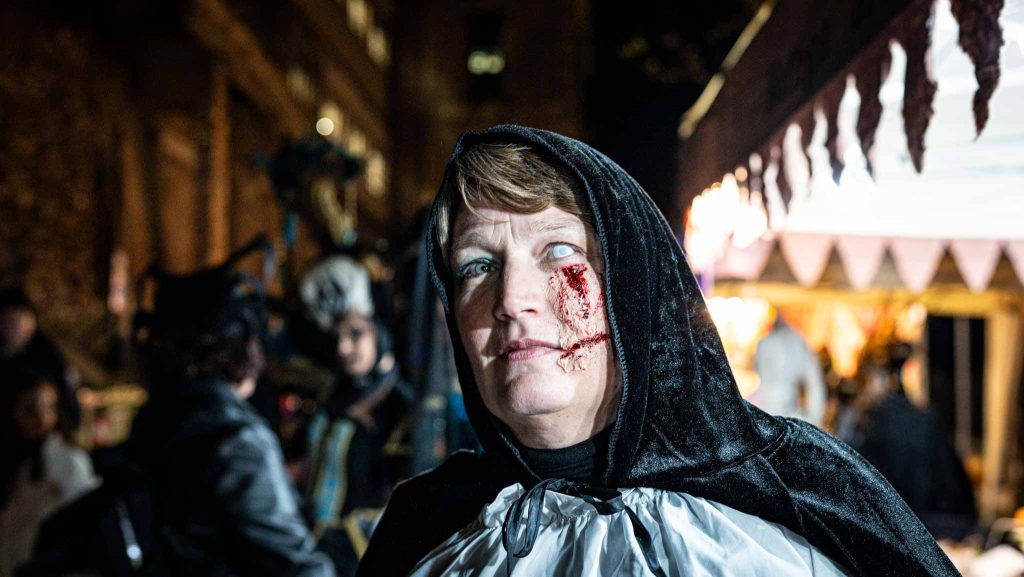
To remember these tragic events, a real festival dedicated to witchcraft called "Strigora" was established in Triora, which takes place every year on the first Sunday after Ferragosto. The village houses the Ethnographic and Witchcraft Museum opened in 2016. The museum contains documents of the trials and reconstructions of the interrogations and torture of witches.
The museum and other places connected to this story
The Museum was created with the aim of telling the story of the territory, beyond the tragic episode of the Inquisition. The Ethnographic section is divided into six rooms, which tell the story of daily life of the country's farmers. Only in the basement, which once housed the prisons, is it possible to access the section dedicated to witchcraft, to which four rooms are dedicated.
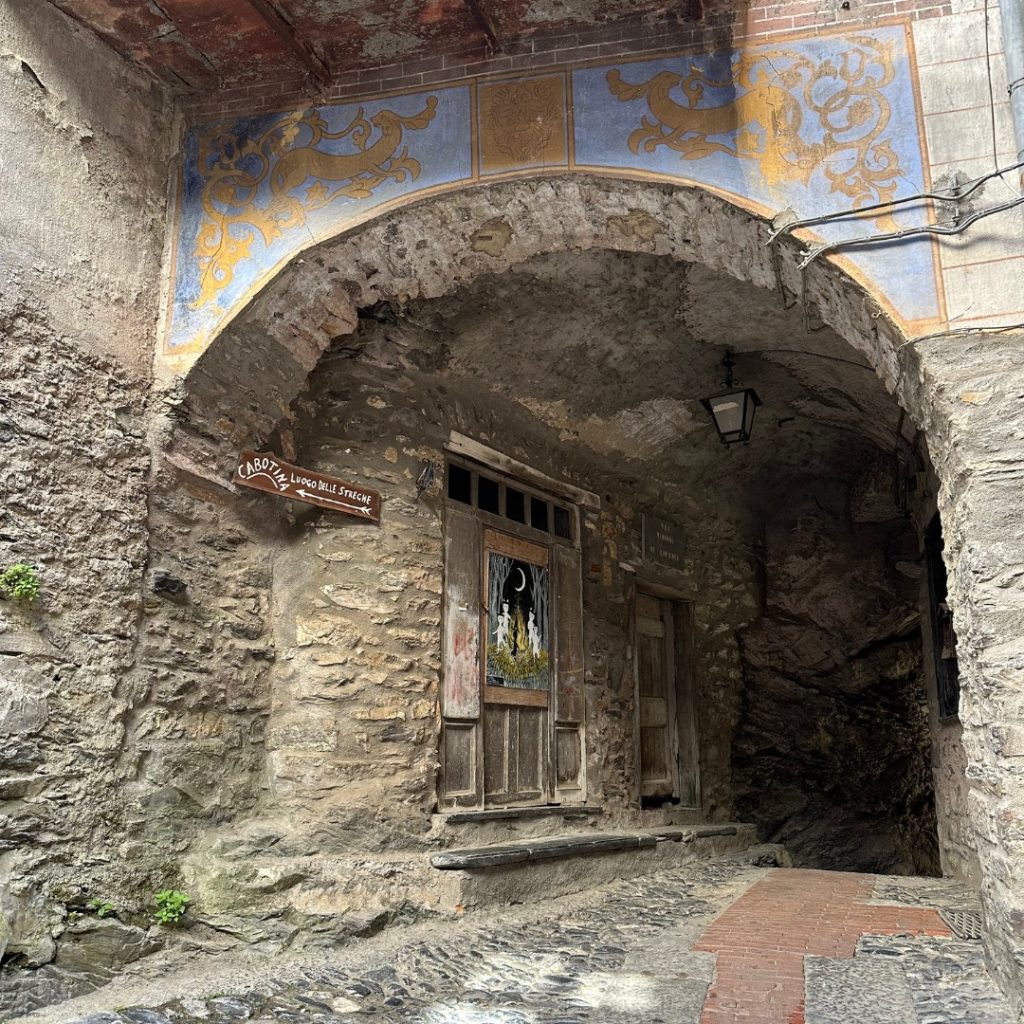
Two other places tell of witches at the end of the 500th century: the Cabotina, a ruined farmhouse located outside the village walls, where it seems that witches gathered to perform rites. From here it branches off witches' path, a beautiful nature trail with views of the valley and the Monte Saccarello area. Another mysterious place was Monte delle Forche, where the so-called witches were tortured.
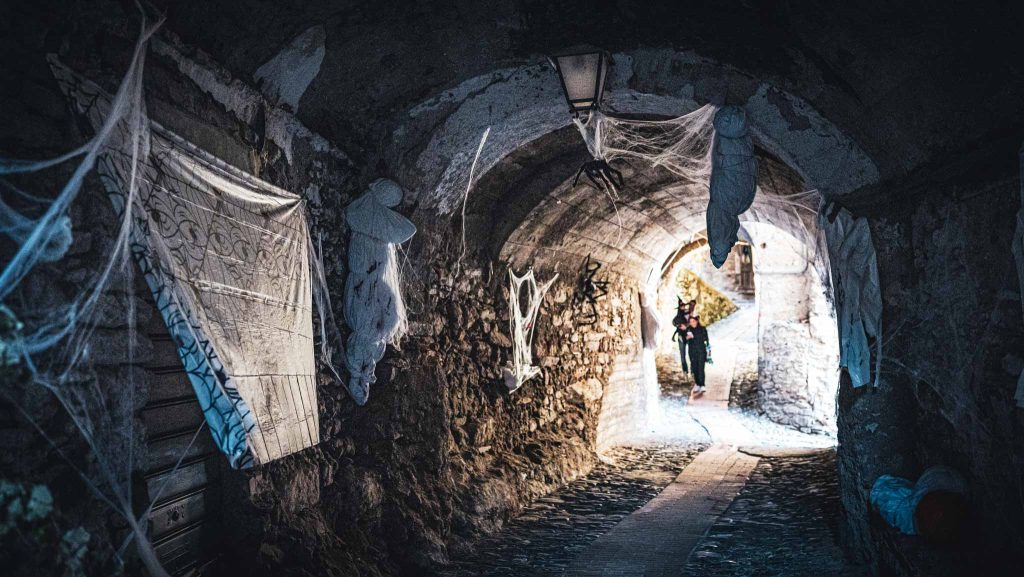
Remnants of the past
Crossing the village of Triora, you can still admire the remains of the past, such as the walls that surrounded it, the defensive towers and the castle. Also worthy of attention are the slate portals with the symbols of the various families, the sculptures, the sculpted architraves, the abraded marbles, the bas-reliefs on black stone or slate. The panoramic point is worth a stop al Poggio della Croce.
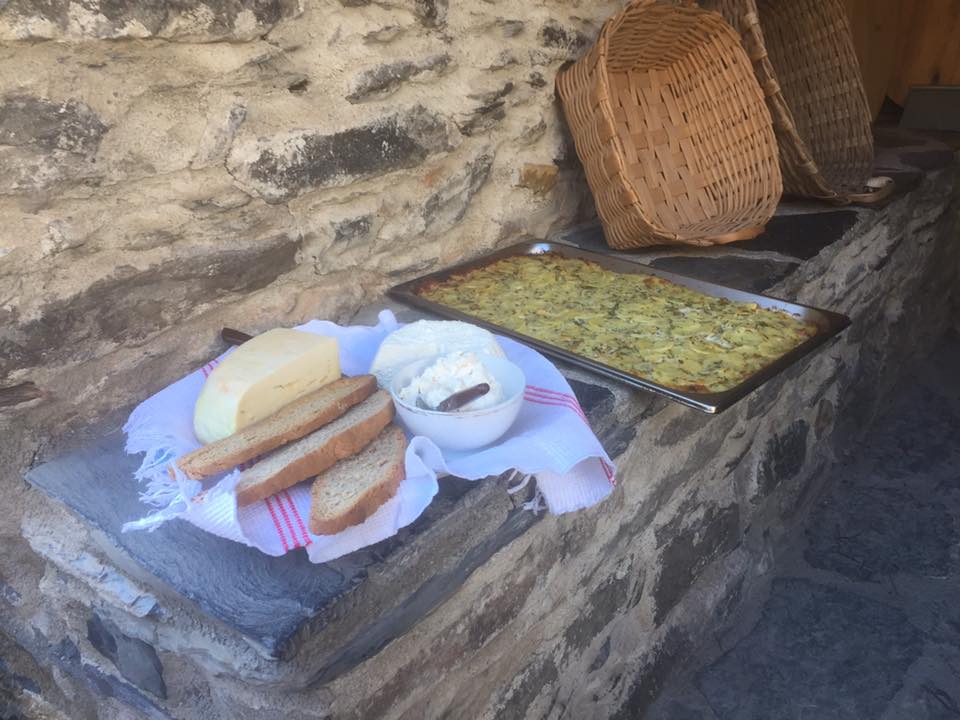
The excellent bread made with bran flour
The name “Tria-Ora” means “three mouths”, due to the three main local products which are the wheat, the vine and the chestnut. Triora is famous in particular for its dark, homemade bread, which stands out for its traditional baking and slow leavening on wooden boards sprinkled with bran. Triora bread is part of theassociation of the 37 Breads of Italy. It is recommended to consume it together with Bruss or bruzzo, an alpine cheese. Triora is a truly suggestive municipality, waiting to be discovered.
(Photo: Municipality of Triora, Facebook page)

